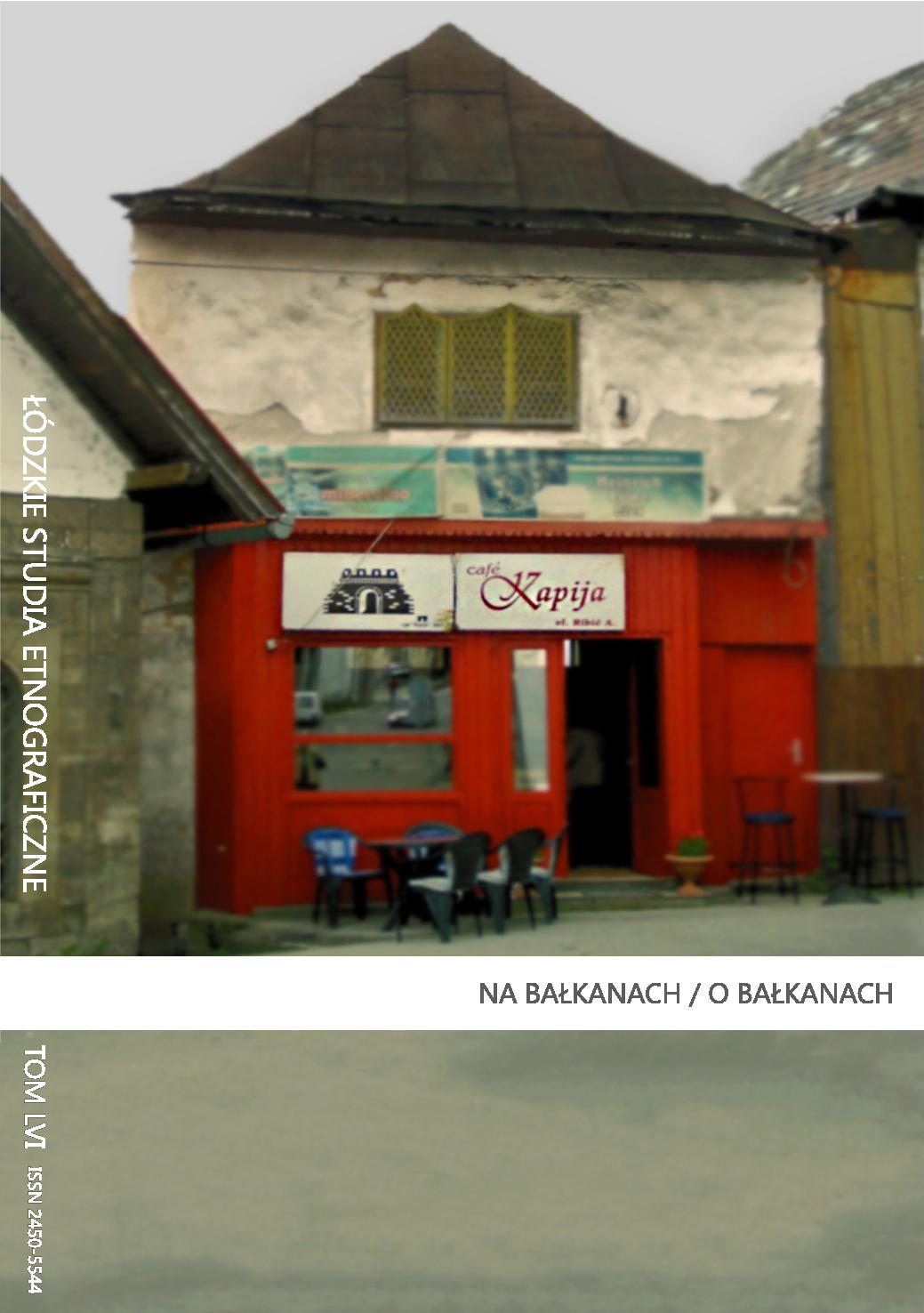Lokalne tradycje kulinarne w procesie integracji serbskiego rynku żywnościowego z Unią Europejską
DOI:
https://doi.org/10.12775/LSE.2017.56.07Ključne reči
kuchnia serbska, kultura kulinarna, Serbia, turystyka kulinarna, Unia EuropejskaApstrakt
Spośród państw regionu bałkańskiego Serbię wyróżnia ogromny areał ziem uprawnych (około 5 milionów hektarów), z czego ponad 80 procent jest wykorzystywanych przez rolnictwo. Produkty żywnościowe stanowią jeden z najważniejszych komponentów serbskiego eksportu. Od 1 marca 2012 roku, kiedy Serbia uzyskała status państwa kandydującego do Unii Europejskiej, szansą przetrwania dla rozbudowanego sektora rolno-spożywczego stało się przygotowanie go do skutecznej rywalizacji z państwami unijnymi o bardzo podobnej ofercie towarowej. Okazję na zwiększenie chłonności rynku wewnętrznego stwarza wzrost świadomości kulinarnej społeczeństwa serbskiego, które mimo kryzysu ekonomicznego coraz częściej poszukuje nowych, nieznanych dotąd smaków lub nowych form dla smaków znanych w serbskiej kuchni. Prawdziwym wyzwaniem dla serbskiego rolnictwa staje się promocja turystyki kulinarnej, stwarzająca możliwość skutecznego konkurowania z innymi krajami bałkańskimi, przedstawiającymi bardziej zróżnicowaną ofertę atrakcji turystycznych. Promocja serbskich produktów regionalnych odbywa się poprzez imprezy należące do kanonu turystyki kulinarnej – festiwale, konkursy kulinarne, turystyczne szlaki kulinarne, a także rekonstrukcje kuchni średniowiecznej. Turystyka kulinarna w realiach Serbii otwiera możliwości dla zrównoważonego rozwoju obszarów peryferyjnych, a jednocześnie pozwala na zachowanie starych zwyczajów i tradycji.
Downloads
Objavljeno
Kako citirati
Broj časopisa
Sekcija
Licenca
1. Autorzy udzielają wydawcy (Polskiemu Towarzystwu Ludoznawczemu) licencji niewyłącznej na korzystanie z utworu w następujących polach eksploatacji:
a) utrwalanie Utworu/przedmiotu prawa pokrewnego;
b) reprodukowanie (zwielokrotnienie) Utworu/przedmiotu prawa pokrewnego drukiem i techniką cyfrową (ebook, audiobook);
c) wprowadzania do obrotu egzemplarzy zwielokrotnionego Utworu/przedmiotu prawa pokrewnego;
d) wprowadzenie Utworu/przedmiotu prawa pokrewnego do pamięci komputera;
e) rozpowszechnianie utworu w wersji elektronicznej w formule open access na licencji Creative Commons (CC BY - ND 4.0).
2. Autorzy udzielają wydawcy licencji nieodpłatnie.
3. Korzystanie przez wydawcę z utworu na ww. polach nie jest ograniczone czasowo, ilościowo i terytorialnie.
Stats
Number of views and downloads: 622
Number of citations: 0



